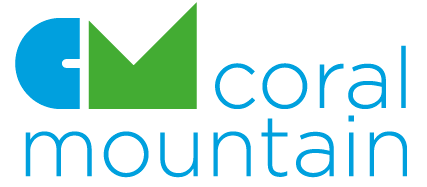England football fever may be over, but there’s much for Gareth Southgate to build on following his team’s wonderful foray as far as the semi-finals. Plus, I learnt a valuable lesson under the heading “You Only Know What You Know.”
Learning from a Failed Event
I’m old enough to remember that awful penalty which Gareth missed all those years ago (in 1996), and even where I was at the time. He’s more than redeemed himself with the successful penalty shootout in this competition. How did he do it?
Simple – He applied what he knows, which will sound so obvious when I reveal it to you. He made his squad practice penalties at the end of training sessions, when they were weary, just as they would be at the end of the match. Applying this knowledge paid off.
What about Us?
This idea can be applied to our everyday activities, including changing our behaviours to being more environmentally responsible.
Start at the Learner’s level.
This story also takes me back to my medical rep. days. A senior GP in one practice lacked the know-how to use the practice’s new computer system.
She asked one of her colleagues, a younger GP who loved technical stuff, to give her a training session. He showed her what to do and included all she needed to know in one session. But his explanation left her confused, overwhelmed and feeling redundant.
She then asked another colleague. “Right,” said the second guy. “Switch it on.”
Bingo!
This was exactly what she needed. Someone to start with what she knew (- which was nothing at that point.). The result; one happy GP who could access the new system effectively.
How Does this Apply to Sustainability Programmes?
Starting from the point of your recipient ‘only knowing what they know’, helps the trainer to pitch the development at the right level. In principle, this applies to all training.
Find out What They Know
- When creating an environmentally responsible culture, the start point (Aspiration stage of the FOUR ‘A’ SERVICE) is the Sustainability Review. This gives an indication of the knowledge and attitude of individuals in the company towards the challenges of environment.
- The review enables the programme to be built on the client’s team’s knowledge base.
- It takes everyone with you; by finding the right level for the recipient.
- Using stories – as I have done in this post – illustrates points to trainees/employees. The best stories are topical ones or those which individuals can identify with from their own experience base.
Tell Tales
Carefully shared stories also help guide people to greater understanding, whilst acknowledging possible fears and simultaneously igniting curiosity.
Communicating the environmental message should respect the recipient’s knowledge base so that it doesn’t overwhelm or de-motivate them with jargon.
If you stick with the concept of a person only knowing what they know and build the programme from that point, you’ll be off to a good start.
Acknowledgements
Thank you to Nathan Atkinson of Fuel for Schools for inspiring this blog post with his comment on his personal experiences at a recent UNA meeting in Harrogate.
Do YOU KNOW what Your Employees and Colleagues Know?
Add value to your organisation by uncovering their workable ideas with a Sustainability Review. Call Michelle for a ten minute chat and let’s see where the conversation takes you.


Recent Comments